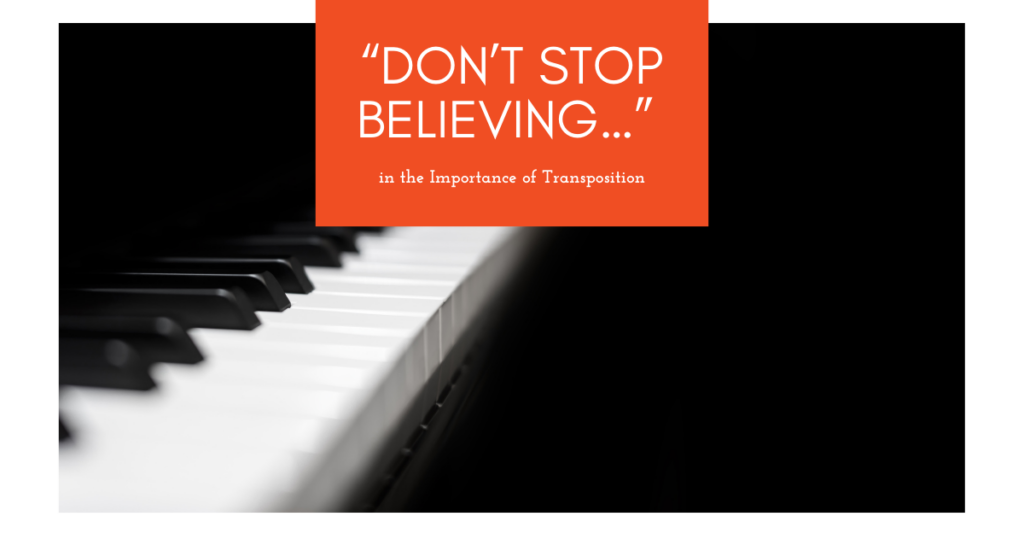My first musical influences growing up were in the pop-rock genre. I have always had a love for the music of Stevie Wonder, Michael Jackson, Sting, Prince, and all of the pop-rock icons. Without recognizing it at first, I later realized that I have always been drawn to artists who are also musicians. By that I mean artists who are instrumentalists or songwriters, as opposed to many of today’s manufactured pop-icons who are simply pretty faces with a great voice who have a song written for them, a band assembled behind them, and a public-relations strategy built around them in order to sell a product.
Well, another one of my musical icons, Bruce Hornsby, absolutely does not fit the mold of a manufactured artist. In fact, he might break that mold more than any of the names listed above. Like many other pianists, my introduction to Bruce Hornsby was his smash hit single “The Way It Is.” But I remained interested in his music for many years and think some of his more obscure projects are some of his best work. He has collaborated with everyone from Pat Metheny and Bela Fleck to Don Henley and the Grateful Dead. Quite a resume. I found a great interview with Bruce Hornsby and wanted to highlight what I think are some very interesting responses that he gave when discussing topics such as practicing the piano, the importance of music school, songwriting, and having a musical identity.
Regarding starting the piano later in life: Bruce Hornsby did not start playing the piano until he was 17 years old! (And in a separate interview Bruce stated that he still practices 3 to 4 hours per day when he isn’t touring. He will be 61 this year).
Regarding music school: Bruce studied music in college and attended three different colleges, including the University of Richmond, Berklee College of Music, and the University of Miami (where he ultimately earned his degree in 1977). When asked “Do you think that your degree in music helped make the odds a little better for you [in the music industry]?” he responded:
The odds of making it in the pop music world? No, I’d say it doesn’t really make those odds better at all. Because really making it in the pop music world isn’t about knowing who Paul Hindemith is or knowing who John Coltrane is. So I don’t think going to music college gives one a leg up, necessarily, as far as making it in the pop world. But, for me, it’s totally influenced my whole musical life, and anyone who listens to the records knows. My songs and the approach to the playing of those songs – a lot of soloing – it owes a lot to music other than pop music. So for me I was exposed to so much music in music school, and I’m still drawing on all of that.
What’s interesting about the above, to me, is 1) that Bruce Hornsby didn’t start playing the piano until 17 and was still able to get accepted and graduate from a music college within just a few years, and 2) that he didn’t really think music school helped him at all in terms of his musical success in the real-life pop-music world.
Regarding writing his own music, he said, “Songwriting is something that I basically learned totally on my own, just sort of trial and error and just sort of following my own nose.” He went on to explain that his first songwriting skills were developed by simply emulating (a polite way of saying copying – not that that’s a bad thing) other artists and songs he liked.
Regarding how he gets his ideas for songs: He said the idea starts “either as a musical idea or a lyrical idea.”
Regarding his advice to aspiring songwriters: Don’t “follow the trend, and you should just try to find yourself and create your own voice and work at that rather than hearing the radio and going, ‘Maybe I should write a song that sounds like this.'”

